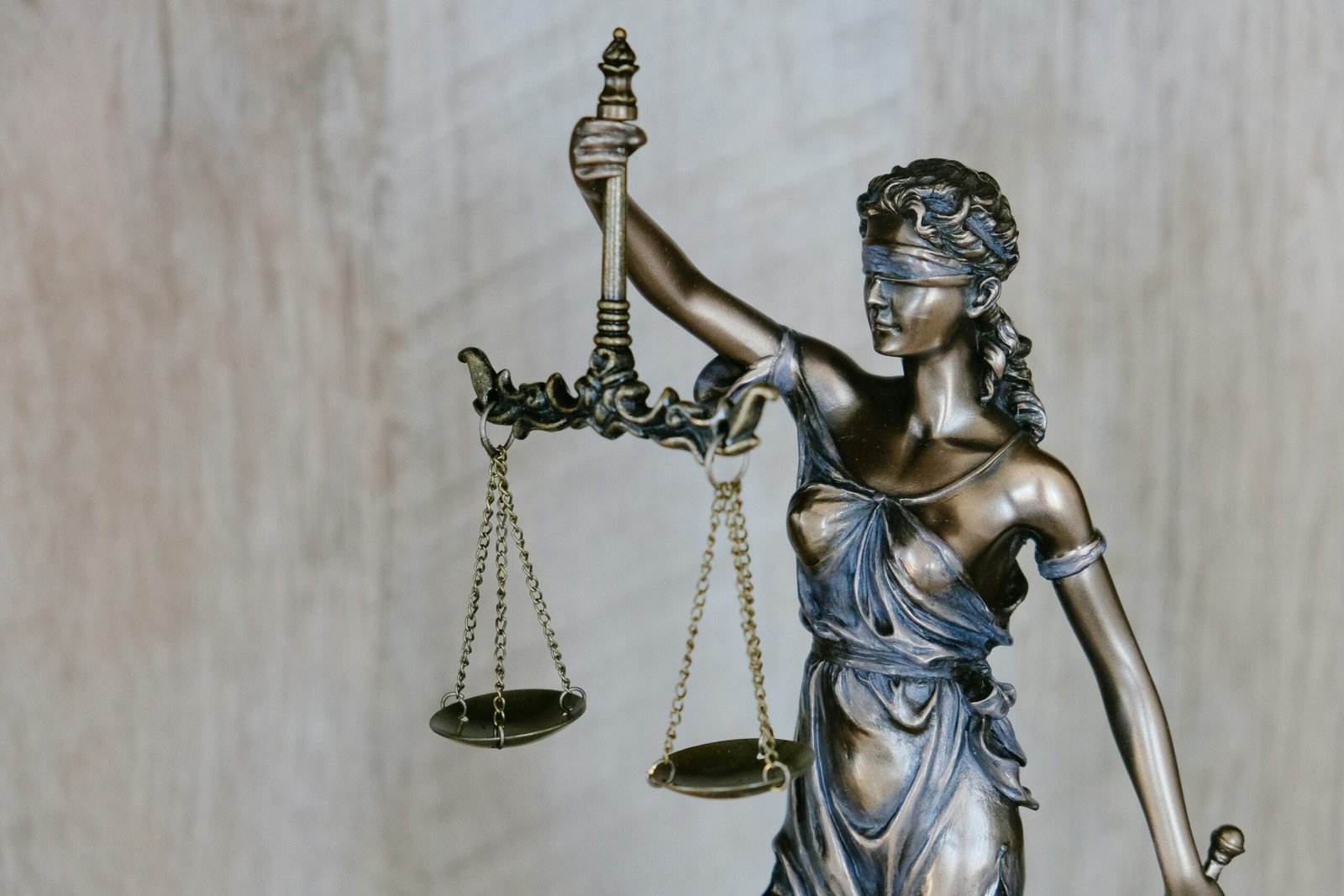Understanding Free Legal Aid and Its Importance
Access to justice is a fundamental right for every individual. However, for many people, the cost of legal services can be a significant barrier. This is where free legal aid plays a crucial role in ensuring that everyone has access to legal representation, regardless of their financial situation.
What is Free Legal Aid?
Free legal aid refers to legal services provided to individuals who cannot afford to hire a private attorney. These services are offered by various organizations, including non-profit legal aid societies, pro bono programs, and government-funded legal assistance programs.
The goal of free legal aid is to provide equal access to justice for low-income individuals and marginalized communities. It helps bridge the justice gap and ensures that everyone has the opportunity to seek legal advice, representation, and assistance when needed.
Types of Free Legal Aid Services
Free legal aid services cover a wide range of legal issues, including:
- Legal Advice: Free legal aid organizations offer consultations and advice on various legal matters, such as family law, housing, employment, immigration, and more.
- Legal Representation: In certain cases, free legal aid may provide representation in court proceedings, including civil, criminal, and administrative matters.
- Document Preparation: Free legal aid services can assist individuals in preparing legal documents, such as wills, power of attorney, and immigration forms.
- Community Education: Many free legal aid organizations conduct workshops and seminars to educate communities about their legal rights and responsibilities.
The Importance of Free Legal Aid
Free legal aid plays a crucial role in promoting social justice and ensuring equal access to the legal system. Here are some key reasons why free legal aid is important:
- Equal Access to Justice: Free legal aid ensures that even those who cannot afford legal representation can access the justice system. It helps level the playing field and prevents the disadvantaged from being denied their rights due to financial constraints.
- Protecting Vulnerable Individuals: Free legal aid provides a safety net for vulnerable individuals, such as victims of domestic violence, immigrants facing deportation, and tenants facing eviction. It helps protect their rights and ensures they have a voice in legal proceedings.
- Preventing Injustice: By providing legal advice and representation, free legal aid helps prevent wrongful convictions, unjust evictions, and other forms of injustice. It promotes fairness and helps maintain the integrity of the legal system.
- Empowering Communities: Free legal aid organizations often go beyond individual representation. They empower communities by providing education, advocacy, and support. This helps individuals understand their rights, navigate the legal system, and address systemic issues.
- Reducing Legal Costs: By offering free legal services, legal aid organizations help reduce the burden on the court system. They can help resolve disputes and legal issues before they escalate, ultimately saving time and resources for both individuals and the justice system.
How to Access Free Legal Aid
If you are in need of free legal aid, here are some steps you can take to access these services:
- Research: Look for local legal aid organizations, pro bono programs, or government-funded legal assistance programs in your area.
- Contact: Reach out to these organizations through their websites, helplines, or local offices to inquire about their services and eligibility criteria.
- Provide Information: Be prepared to provide information about your legal issue, income, and any relevant documents requested by the legal aid organization.
- Attend Consultation: If you meet the eligibility criteria, you may be scheduled for a consultation or assigned an attorney who can provide the necessary legal assistance.
Remember, free legal aid services are often in high demand, and resources may be limited. It is essential to be patient and persistent in seeking assistance.
Conclusion
Free legal aid is a vital resource that ensures access to justice for individuals who cannot afford legal representation. It plays a crucial role in promoting equality, protecting rights, and preventing injustice. By providing legal advice, representation, and community education, free legal aid organizations empower individuals and communities, making a positive impact on society as a whole.
